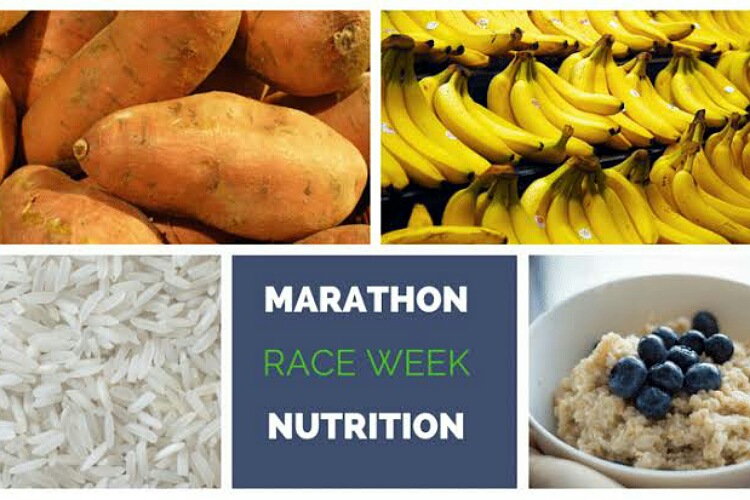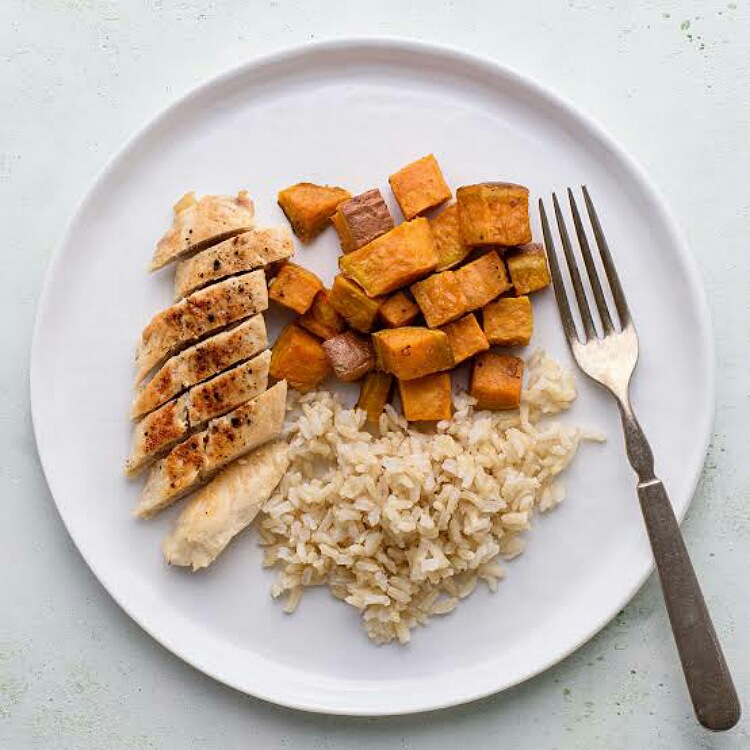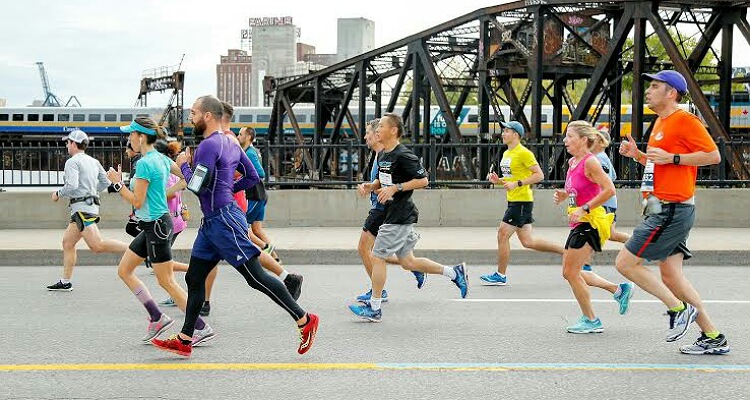When the occasion comes, you might want to run for half a marathon. But you feel tired while training for it. What should be done? You want improved performance for the race as well as adequate nutrition to help early recovery of muscles. Nutrition experts state that small changes in food habits go a long way to help you through the whole process.
Half a marathon and the food
Half a marathon is a tiring race for those who are going to it for the first time. They might have participated in some runs but never in half a marathon. They need to gear up for it. Proper training is vital. But along with it, proper nutrition also plays a pivotal role. Nutritional consideration should be such that it helps boost the performance during training as well as the race time. It should also aid faster muscle soreness recovery. The following points are important for it.
PHalf a marathon (Source: Outside magazine)
3 macronutrients and 2 Micronutrients
While training, remember to have five in a day. These give include 3 macronutrients (carbs, proteins, and fats) and 2 micronutrients (vitamins and minerals). Additionally, adequate dietary fiber should be consumed. These should be in the right balance. Whole grain foods, eggs, mushrooms, avocado are good during these times. 1.8 g of protein per kg per day is a must.
James Phillips, head of athlete support at Precision Fuel and Hydration emphasizes on carbs saying:
“Fundamentally you need to focus on carbohydrate intake. That is vital when exercising. You don’t want to run the fuel tank down to zero and then top it up – top it up part way. When running, pure sugar will sort you out, so using gels and chews when training should help.”

Caffeine and creatine
Performance boosters such as caffeine drinks and creatine drinks help in instant energy and revitalization. This is especially so if you are going to train for more than 60 minutes per day. Having coffee on the race day 2 hours before it helps.
Water and electrolytes
These are vital to replenish the loss during running for practice and on race day. Have sufficient water intake. James adds:
“Fluid, and electrolytes, need replacing, so drink something with sodium in.”
Adequate protein
These aid muscle repair and recovery. To minimize delayed onset muscle soreness or DOMS, James stresses to have carbs and proteins during the exercise time:
“A standard recovery meal is something with a ratio of two to one, carbs to protein. A recovery shake may do it straight after. If you train around work, have a balanced meal before your workout too,”

There are several meat substitutes available in the market for those who are not meat eaters. Protein supplements such as whey protein are also good. Vitamin B and fish oil concentrate are healthy for such times.
Have the foods you enjoy
Do not leave out foods that are your favorites. Have your treat times. Do not restrict the foods you like. But do not have more hard drinks. Consuming them in moderation are OK.
Read more: Stomach aches: which foods can notoriously cause them?
Keep up the routine
On the race day, do not do anything that you have not done before. Keep up the routine you had during the practice runs. Eat two hours before the race.
